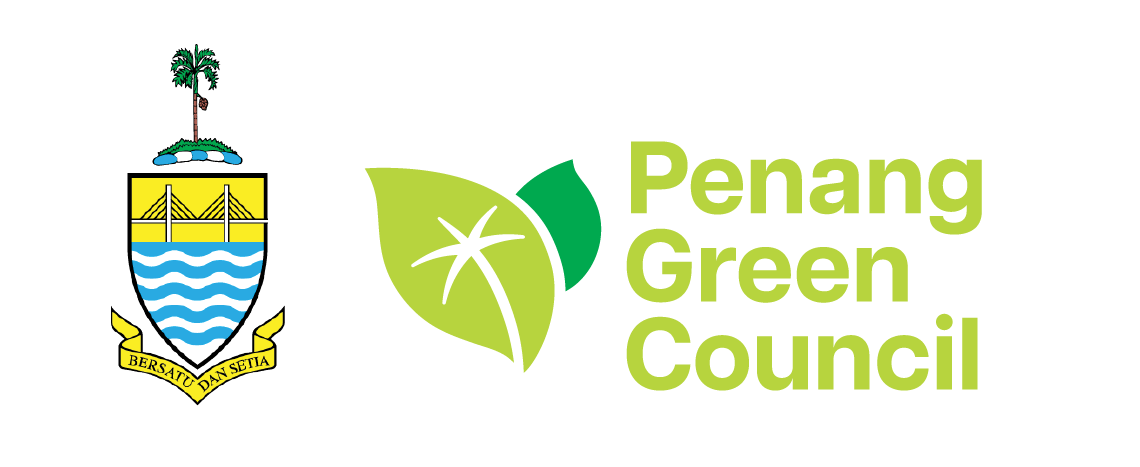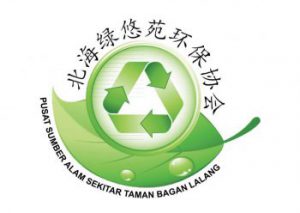Project Case Study in Malaysia – “Waste Segregation at Source: Solving Plastic Pollution in Penang”
Based on the discussions and key takeaways during the stakeholder consultation and a few series of meeting with Ministry of Environment and Water (KASA), Penang Green Council as a Strategic Partner of SEA circular Project with the Local Collaboration Partner, Seberang Perai City Council (MBSP) organised a pilot project – Waste Segregation at Source: Solving Plastic Pollution in Penang.
Two pilot project locations for the SEA circular pilot project in Penang have been chosen which are Taman Bagan Lalang, Butterworth and Kampung Permatang Nibong, Permatang Pauh. These areas have been selected based on its current achievements in managing their waste and will assume the role model position for neighbouring communities.
Objectives
To design, upscale and replicate strategies to reduce the adverse impact of marine litter from plastic leakage.
To develop the community based best practices on circular economy for plastic, understanding recycling (tech loop) and to ensure sustainability in the long term to support waste diversion from landfill.
To create green practices’ culture among communities through education and awareness programs.
To demonstrate that communities in collaboration with local governments, private sector, informal sector, academic/researchers & civil society (quadruple helix) are able to manage the plastic value chain better and work towards creating a circular value chain for plastic products and packaging in Penang.
Key Findings
Although local communities possess general knowledge in 4Rs, this must be transformed into action via the Planting Green Community (PGC) model to activate this social norm and promote community behavioural changes (shifting from a take-make-use-waste culture and practicing a 4R lifestyle).
Sustainable Neighbourhood Development Programme (SNDP) enables adaptive decision making as it provides a space for local communities to raise their concerns surrounding environmental, economic, and social issues.
The shift to waste segregation behaviour within local communities is slow but gradual. Therefore, the range of plastic waste collected by the recycling centre will be rolled out by phases.
New skills imparted from training not only generated income to support the community’s ongoing environmental initiatives but also promoted self-sufficiency within the vulnerable groups.
Contributing towards the implementation of upcoming Malaysia’s National Marine Litter Policy and Action Plan 2021-2030.
SUPPORTING PARTNERS





